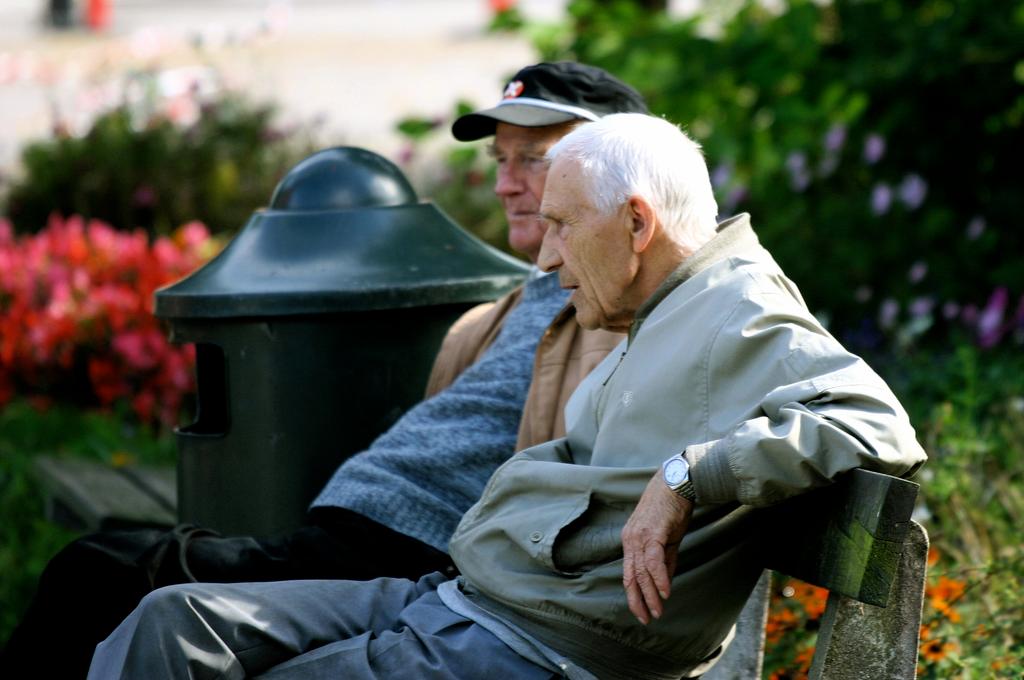Making new friends more difficult with age, but no less important
While many adults struggle to make new friends, says author Marla Paul, the benefits of creating new friendships are significant. (Photo by Ernst Vikne via Flickr CC.)
Author Marla Paul likes to remind people that maintaining and cultivating new friendships is more than just a luxury — it’s a crucial component of a healthy life.
“I think the doctor should prescribe friendship the way they prescribe medication,” she said. “It protects you from heart disease. You have a stronger immune system when you have close friendships. You sleep more deeply. It’s really not a luxury.”
The friendships we develop as children are vital to our social and emotional growth, confidence and general happiness. But what happens when we become adults? With children of our own and demanding jobs, making friends suddenly does not seem so easy? How do we make time for new friendships when we barely even have time for ourselves?
Paul explores those questions in her book, “The Friendship Crisis: Finding, Making and Keeping Friends When You’re Not a Kid Anymore.” She too struggled to make friends as an adult when she relocated from Dallas to her hometown of Chicago. She said the effects of failing to do so could be dangerous.
“When people get lonely, they start to isolate and they get depressed,” she said. “It can feel overwhelming to go to an event where you might meet somebody or to make that phone call to meet somebody for coffee. And you kind of sink down into yourself and you really have to push yourself out there. It becomes a job to make a new friend.”
Paul said many adults’ hesitant approach to making new friends was part of the problem. They doubt they’ll have as close of friends as they did when they were younger, so they often don’t even try. Toni Elka is one of those people.
“I feel very open to making new connections, but also reluctant to begin a new friendship knowing that I probably won’t have the time to really see it develop,” Elka said. “It feels a little sad to me to realize that there probably are all these great people that I’m not going to spend time with.”
Paul said adults like Elka need to get over that fear. Adult friendships may not exactly match those of our younger years, but they can still be equally as strong and important.
Not surprisingly, social media have had significant implications for adult friendships. But Paul said they fell short of helping people make new friends. Rather, they help adults strengthen or at least maintain the friendships they already have.
“If you’re staying in touch with social media then they’re still on your radar,” she said. “I think that’s especially true for long distance relationships.”
